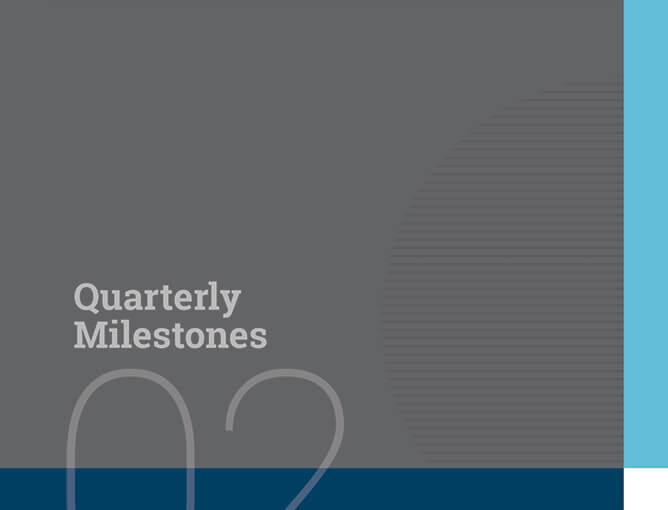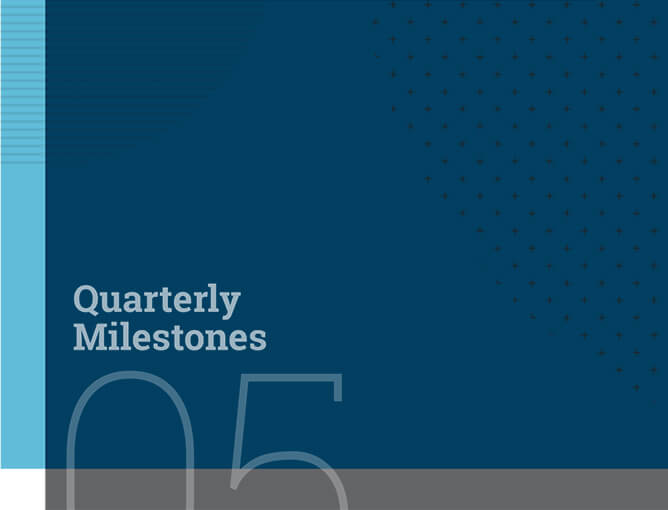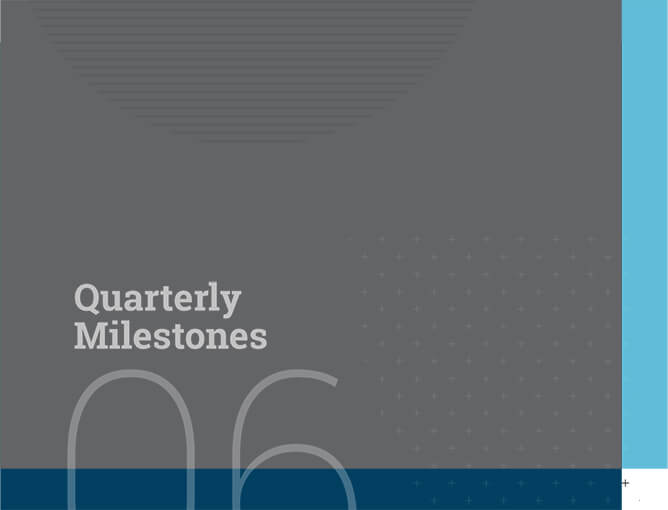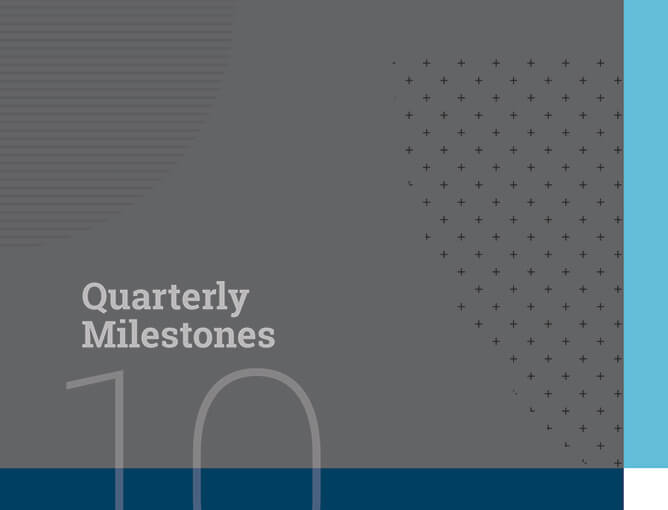
Mohit RohatgiPartner

Pragya PrakashSenior Associate

Lisa MishraAssociate
Key Developments
-
Delhi High Court pierces the corporate veil to make non-parties to an arbitration liable for the arbitral award
In a decision sending ripples across India’s arbitration regime, the Delhi High Court has directed non-parties to an arbitration agreement to pay the liability arising out of the arbitral award. While the decision has been challenged in the Supreme Court and the outcome awaited, it is still a proceeding of great significance for potential investors, specifically in public-private partnerships.
In this case, the Delhi government and the central government have been ordered by the Delhi High Court to pay a liability of INR 4,700 crore arising out of an arbitral award in favour of the Delhi Airport Metro Express Private Limited (DAMEPL). Notably, neither the centre nor the state government was a party to the arbitration that led to the award. The dispute was between DAMEPL and the Delhi Metro Rail Corporation (DMRC). However, DMRC did not have sufficient funds to pay out the entire amount of the award.
To find a way to give effect to the arbitral award, the High Court has looked behind the entity and pierced the corporate veil. DMRC is principally held by the Delhi government and the central government (through the Ministry of Housing and Urban Affairs) in a 50:50 joint venture. The High Court held that these sovereign entities exercise absolute control over DMRC and cannot shirk their liability. With this reasoning, the shareholders have been directed to extend sovereign guarantees/subordinate loans to DMRC to enable it to pay the dues under the award.
The central government has, in turn, proposed an amendment to the Metro Railways (Operation and Maintenance) Act, 2002 to ensure that none of the metro’s assets or bank accounts can be attached in execution of the award. Both shareholders have challenged the High Court’s decision before the Supreme Court.
-
Delhi High Court relies on assurances in letters of comfort to compel non-parties to join arbitration proceedings
Another recent judgement of the Delhi High Court, in Aditya Birla Finance Limited v SITI Networks Limited, has drawn attention to the legal effect of statements made in ‘letters of comfort’. Letters of comfort are a common feature of lending arrangements, whereby a third party assures the lender of the borrower’s ability to meet its financial commitment.
The High Court, in this case, found that the language of the letters of comfort, i.e., use of the words ‘assures’, ‘confirms’, ‘shall ensure’, issued in the midst of commercial transactions/discussions, is “promissory” and therefore, enforceable. The Court, therefore, ordered that non-parties to the arbitration agreement also join the arbitration proceedings because of the obligation they had undertaken in their letters.
This decision may call for a re-look at language routinely used in comfort letters so as to protect the issuer from being pulled into arbitral proceedings that they did not anticipate.
-
National Company Law Appellate Tribunal clarifies that financial creditors need to actively participate in the insolvency process to be able to raise a challenge against it
In a warning to financial creditors who do not actively participate in the insolvency process, the National Company Law Appellate Tribunal, New Delhi (NCLAT) has refused to consider a challenge against the insolvency process raised by such a creditor. It has, in fact, taken a strong objection to the application and imposed heavy costs on the financial creditor, giving a clear message that if a creditor wants the support of the tribunal, it must be an active and vigilant participant in the process.
In this case, the financial creditor of Consolidated Finvest & Holdings Ltd., which was admitted into corporate insolvency resolution on 3 January 2020, moved the NCLAT raising a host of grave allegations. The NCLAT refused to consider the financial creditor’s challenges solely on account of its conduct during the process (it had attended only one meeting of the committee of creditors) and imposed a heavy cost of INR 10 lakh. It noted that financial creditors have several rights and entitlements in the process under the Insolvency and Bankruptcy Code, 2016. The entire framework has been cultivated as a creditor-driven process, and a financial creditor’s voice and wisdom are supreme. However, an absentee creditor cannot belatedly challenge the manner in which the process was conducted, if he failed to participate in the meetings of the committee of creditors and refused to vote on any agenda items.












